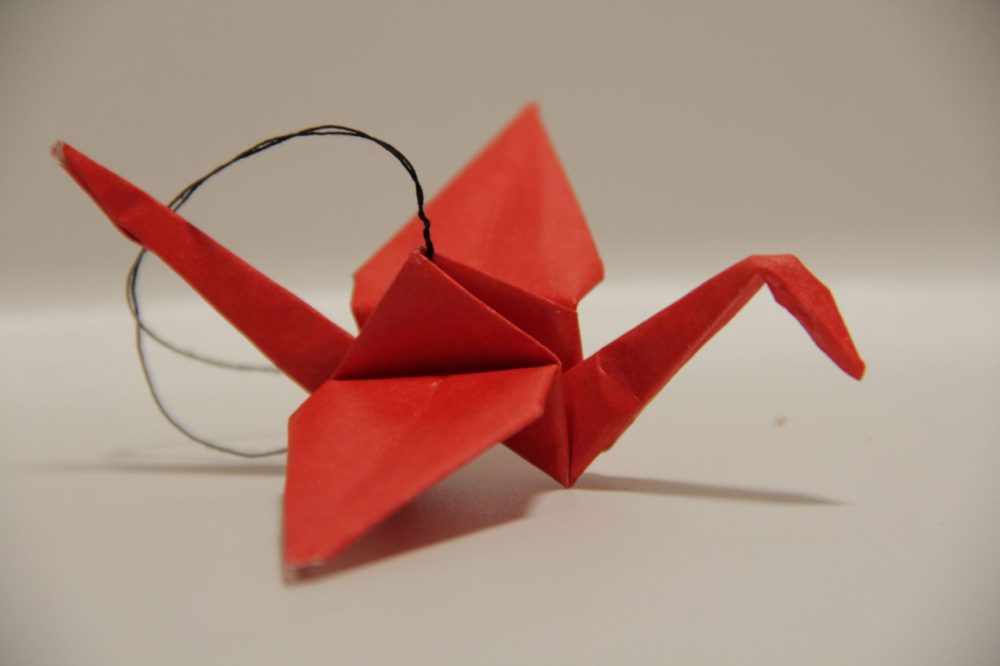
By Justin Hsieh
Japanese-Americans from across the country plan to bring 125,000 paper cranes to Washington, D.C. for a ‘National Pilgrimage to Close the Camps’ in June, organizers say, rallying behind a call to “stop repeating history.”
“The protest will demand that no matter where someone came from or how they arrived to the United States, they be treated with dignity and respect,” said Tsuru for Solidarity, the group organizing the event. “We will stand with immigrant communities to condemn the policies that dehumanize them, including ICE detention; jailing and separation of parents, families and children; and the Muslim ban.”
Tsuru for Solidarity is a Japanese-American social justice advocacy group dedicated to fighting for immigrant and refugee communities. The three-day National Pilgrimage, centered around a mass public march including paper cranes and Japanese taiko drumming, will take place from June 5-7.
According to Tsuru for Solidarity, Japanese-Americans’ support for immigrant communities facing detention or discrimination stems from their own historical experience with unjust detention by the U.S. government; the infamous Japanese-American internment camps of World War II. These historical roots will be manifested in the June rally’s leaders—internment camp survivors and their descendants—as well as in the cranes that form the event’s symbolic centerpiece.
“The 125,000 cranes represent the members of our community who were rounded up and incarcerated in U.S. concentration camps during World War II, including both Japanese Americans and Japanese Latin Americans,” the group said. “[The protest stands] on the moral authority of our own unjust incarceration.”
Beyond the number 125,000, the organizers’ choice of the crane as a symbol is itself deeply significant. Cranes (tsuru in Japanese) have long been revered animals in Japanese culture and the popular face of origami (the Japanese art of paper-folding). An ancient Japanese legend says that anyone who folds a thousand origami cranes will receive one wish.
Importantly, since the end of World War II cranes have also become symbols of peace, hope, healing and solidarity; from 2019 tsuru protests in Texas and Oklahoma to the legendary story of Sadako Sasaki, a survivor of the atomic bombing of Hiroshima who folded a thousand cranes while hospitalized for her radiation-induced leukemia.
To help meet their goal of 125,000 cranes, Tsuru for Solidarity is encouraging supporters who cannot attend the event to fold and mail in cranes from home. Along with a petition to close detention centers, Tsuru for Solidarity leaders hope that the demonstration will be able to show solidarity with and effect lasting change for the sake of immigrant communities.
“Americans turned their backs on us as we disappeared,” said Tsuru for Solidarity co-chair Satsuki Ina. “Nobody marched for us, nobody protested, but today we bring our voices, our drums, our tsuru spirit to break out against unjust mass incarceration.”





